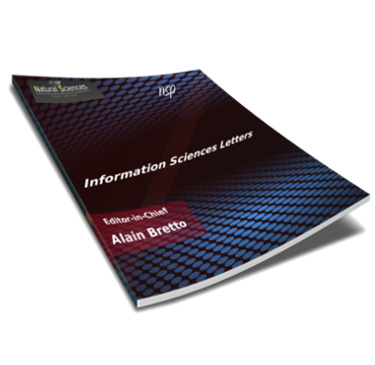
Information Sciences Letters
Abstract
Cardiovascular disease is one of the most important causes of death in the modern world, and a significant barrier to clinical information assessment may be the expectation of cardiovascular illness. Machine learning (ML) has proven helpful for forecasting and decision-making in the healthcare industrys large amount of data. Moreover, ML algorithms have been applied in many important fields such as the internet of things and others. In this paper, we applied various ML methods to predict and classify heart patients disease including K-Nearest Neighbor Algorithm (KNN), Naïve Bayes (NB), Neural Network (NN), Decision trees (DT), Support Vector Machine (SVM), Random-Forest (RF), Logistic Regression (LR), Gradient-Boosting GB), Stochastic Gradient Descent (SGD), and Ada-Boost. All models were evaluated, and the most accurate predictive model was chosen to increase the accuracy of heart attack prediction. Compared to other models, our results are efficient, and adequate and could help to predict heart disease more effectively and precisely.
Recommended Citation
Trabay, D.; Gharibi, W.; and M. Abd-Elhafiez, W.
(2023)
"Effective Models for Predicting Heart Disease Using Machine Learning Techniques – A Comparative Study,"
Information Sciences Letters: Vol. 12
:
Iss.
5
, PP -.
Available at:
https://digitalcommons.aaru.edu.jo/isl/vol12/iss5/5

